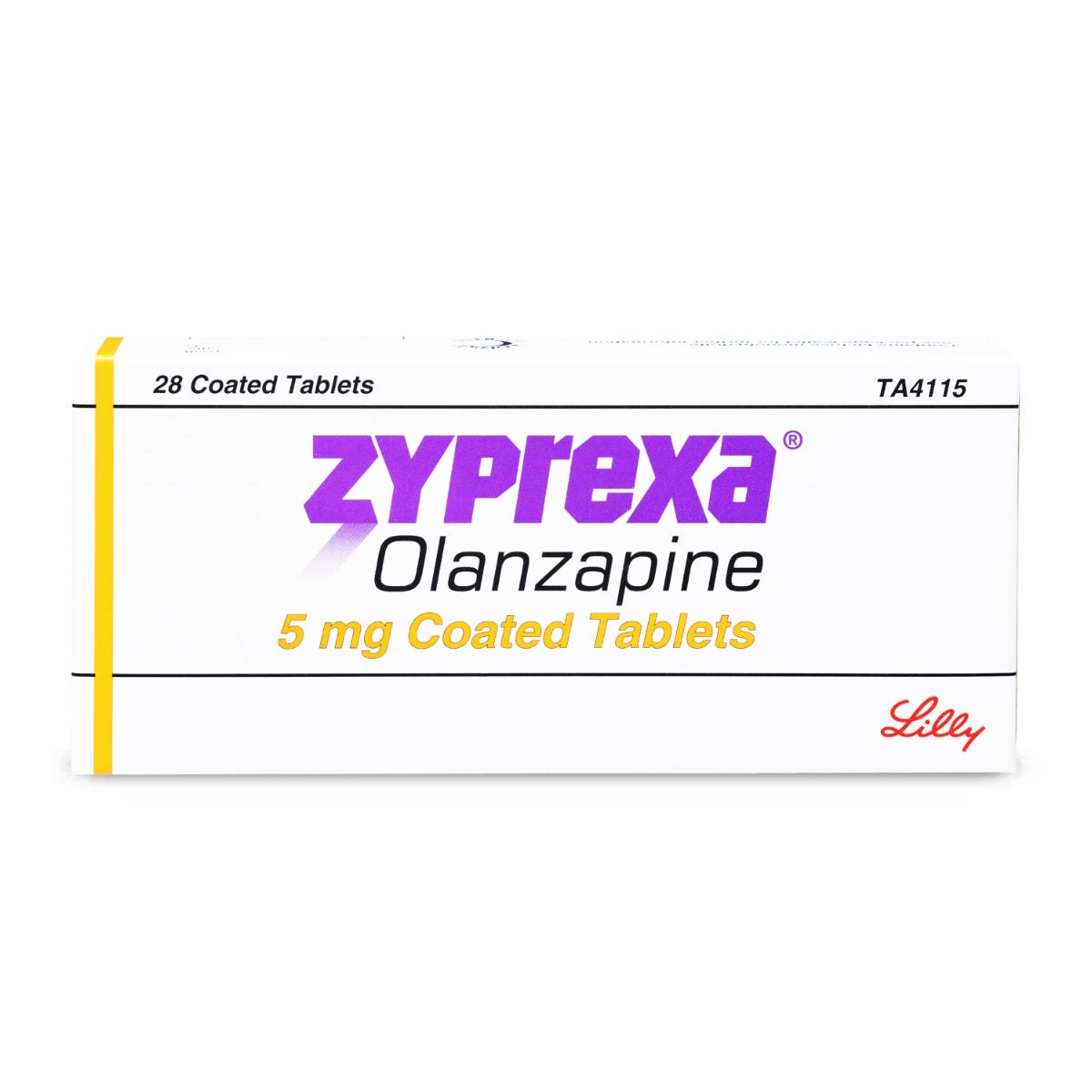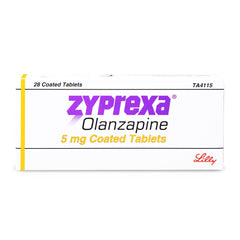شحن مجاني للطلبات فوق 100 ريال


حبوب زيبريكسا 5 مجم - 28 قرص
-
174.20 SR

-

-
174.20

تعذر تحميل مدى توفر الطلب
وصف
xتعبت من الشعور بالقلق والتوتر طوال الوقت؟ حبوب زيبريكسا 10 مجم ستكون حلاً لك! هذا القسم سيسلط الضوء على فوائد هذا المنتج الرائع لمساعدتك على رفع مزاجك والتمتع بحياة أكثر سعادة.
- زيبريكسا تجلب السعادة: تحتوي هذه الحبوب السحرية على مادة زيبريكسات تعمل على زيادة مستويات السيروتونين في دماغك، مما يؤدي إلى تحسين المزاج والشعور بالسعادة.
- التخلص من القلق: إن حياتنا مليئة بالتحديات والضغوط. حبوب زيبريكسا تقدم لك دعمًا فعّالًا للتغلب على القلق والتوتر.
- جودة نوم أفضل: النوم الجيد أمر أساسي للسعادة. ستلاحظ فرقًا كبيرًا في نوعيتك للنوم بفضل زيبريكسا.
أفضل منتج متاح
هل تبحث عن منتج يتمتع بجودة عالية ويوفر أقصى قيمة لأموالك؟ حبوب زيبريكسا 10 مجم هي الخيار الأمثل. تعرف على المزيد حول ميزات هذا المنتج الرائع في هذا القسم.
- تأثيرات سريعة: حبوب زيبريكسا تعمل بسرعة لتخفيف الأعراض وزيادة السعادة الشخصية.
- سهل الاستخدام: معبأة بشكل مناسب، يمكنك حمل حبوب زيبريكسا في أي مكان.
- تحت إشراف محترفين: تم تطوير هذا المنتج بواسطة خبراء صحة نفسية ومعتمدين.
احصل على حياة تستحقها
ترغب في العيش حياة سعيدة وصحية؟ حبوب زيبريكسا 10 مجم - 28 قرص هي المفتاح لتحقيق ذلك. اكتشف كيف يمكن لهذا المنتج تحسين حياتك بشكل عام.
- تحسين العلاقات: عندما تشعر بالسعادة والرضا الشخصي، ستكون قادرًا على بناء علاقات أفضل مع الآخرين.
- تحقيق أهدافك: السعادة تدفعك نحو تحقيق أهدافك وتطوير ذاتك بشكل أفضل.
- صحة عامة محسنة: السعادة تأثر إيجابيًا على صحتك العامة، وتقلل من مخاطر الأمراض.
اختيار رائع لحياة أفضل
بغض النظر عن ما تبحث عنه - زيادة السعادة، التخلص من القلق، أو تحسين العلاقات - حبوب زيبريكسا 10 مجم - 28 قرص هي الخيار الأمثل. اجعل حياتك أفضل اليوم واختر هذا المنتج الرائع.
الشحن والإرجاع
xسياسة الاسترجاع والاستبدال
هدفنا في متجر الجواهر هو رضاكم التام 🌸، ونسعى دايمًا نقدم أفضل تجربة تسوق بكل وضوح وعدل. نتعامل مع عملائنا بكل مصداقية، ونتمنى يكون التعامل متبادل بنفس الروح.
في حال تم طلب الإلغاء أو الاسترجاع قبل بدء الشحن، يتم إرجاع المبلغ كامل للعميل.
ويحق للعميل طلب الاسترجاع خلال مدة 3 أيام من تاريخ الاستلام، بشرط:
- أن يكون المنتج غير مستخدم ولم يتم فتحه.
- أن يكون بحالته الأصلية وخالي من أي تلف.
- ألا يكون المنتج من الأصناف المستثناة من الاسترجاع أو الاستبدال.
المنتجات غير القابلة للاسترجاع أو الاستبدال:
- المنتجات التي تحتاج تخزين خاص مثل: أدوية الثلاجة، الحليب، وأغذية الأطفال.
- مزيلات العرق ومنتجات العناية الشخصية والنسائية، إلا في حال وجود عيب مصنعي.
طريقة طلب الاسترجاع أو الاستبدال:
للطلب، يرجى التواصل معنا عبر واتساب على الرقم:
0563649160
في حال طلب الاسترجاع:
بعد التأكيد، يتم إرسال بوليصة شحن للعميل لتسليم المنتج لشركة الشحن وهو بحالته الأصلية.
بعد استلام شركة الشحن للمنتج، يتم إرجاع المبلغ بعد خصم قيمة الشحن خلال مدة من 5 إلى 7 أيام عمل.
في حال طلب الاستبدال:
يتم احتساب قيمة شحن جديدة للطلب البديل.
تنويه مهم:
في حال وصول المنتج بشكل خاطئ من شركة الشحن (باستثناء أدوية الثلاجة، الحليب، وأغذية الأطفال) أو تم إرسال منتج غير صحيح من صيدلية الجواهر المميز، يرجى التواصل مع خدمة العملاء، وبعد التأكد من المشكلة سيتم إرجاع المبلغ كاملًا بعد تسليم المنتج لشركة الشحن.
في حال وصول المنتج مفتوح أو مستخدم أو بحالة غير التي تم شحنه بها، سيتم إلغاء طلب الاسترجاع.
في حال كان الخطأ من شركة الشحن أو تم إرسال منتج خاطئ، نتحمل تكلفة إرسال المنتج لفرع شركة الشحن عبر تطبيقات التوصيل بحد أقصى 20 ريال، في حال كان الفرع بعيد.
في حال عدم استلام العميل للطلب وعودة الشحنة لنا، يتم إرجاع المبلغ بعد خصم قيمة الشحن، وإذا رغب العميل بإعادة الشحن مرة أخرى يتم دفع قيمة شحن جديدة.
قد يعجبك أيضاً!
المنتجات التي تم عرضها مؤخراً
- يؤدي اختيار تحديد إلى تحديث كامل للصفحة.



